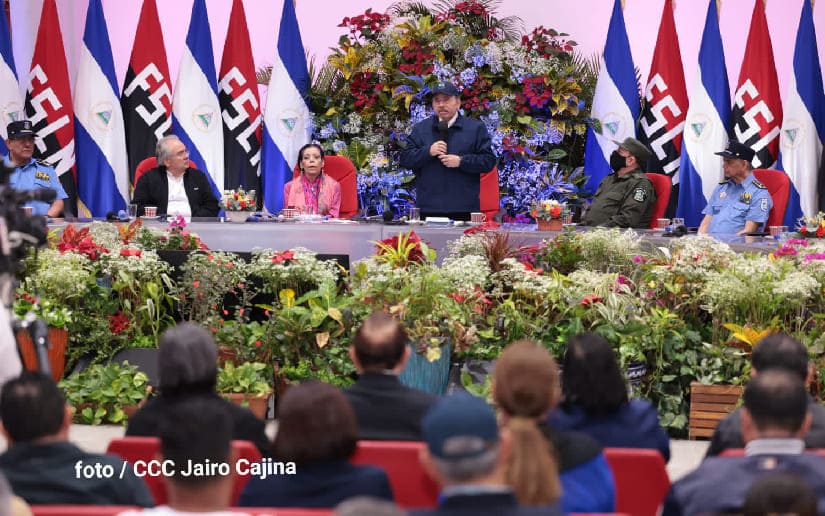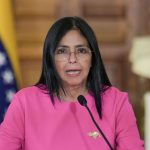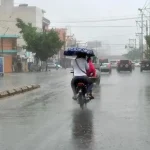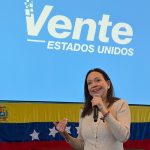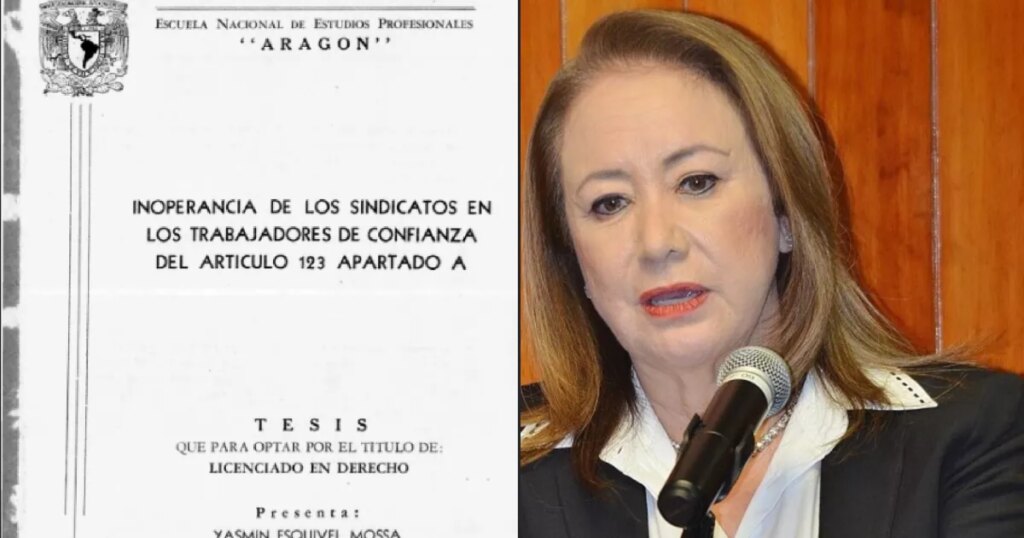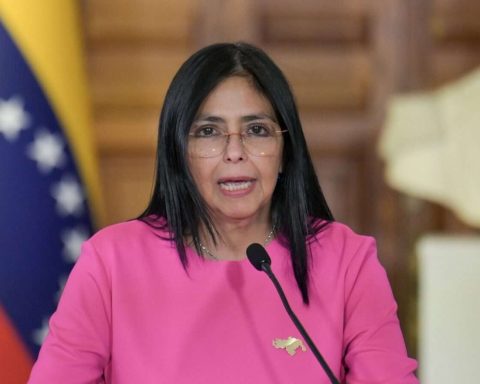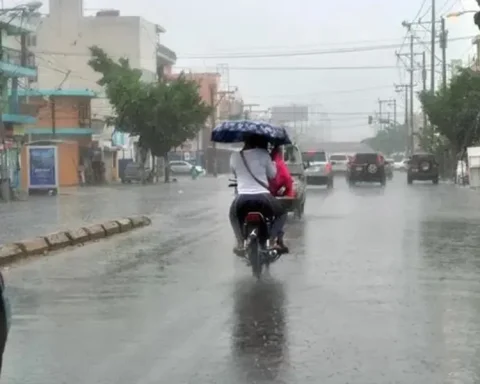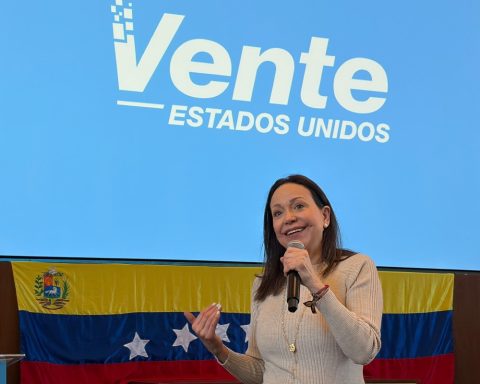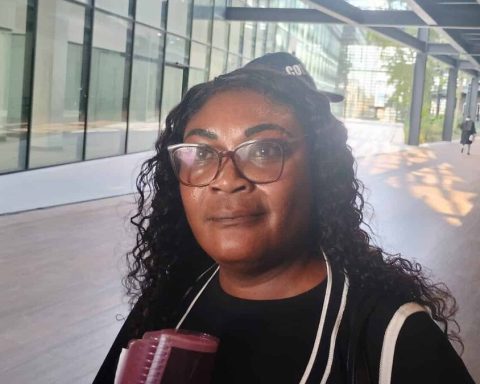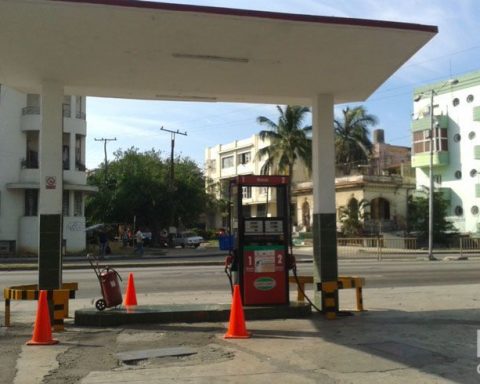In a 120-minute speech, Nicaraguan tyrant Daniel Ortega had time to praise Fidel Castro, attack the United States and Europe, and denounce the poor prison conditions of his days as a political prisoner between 1967 and 1974, but he did not say a word about the plight of the 235 prisoners of conscience under his dictatorial regime.
The State of Nicaragua paid tribute to the victims of the 1972 earthquake, which was the 50 years this Friday, December 23. Ortega alternated his ideas on “human solidarity” with his tirades on “colonialism”, while expressing his opinion on the possession of nuclear weapons after retelling the story of the dropping of the Hiroshima and Nagasaki bombs in August 1945, recurring in his “anti-imperialist” discourse in recent decades.
Ortega summoned the main ministers of his cabinet and some of his sons, such as his treasurer Francisco “Chico” López Centeno and his investment adviser Laureano Ortega Murillo, respectively, but also the head of the Army, the Military Council, the director of the Police and the new advisory minister on security issues, the retired general commissioner Horacio Rocha that he dressed in his uniform, as if in his case—just like in the presidential speech—time had not passed, and he was still deputy director of the institution.
The president of the National Assembly, Gustavo Porras, and the mayoress of Managua, Reyna Rueda, were also on the stage.
The poor prison conditions of Somocism
According to the governor’s account, on the morning of December 23, 1972, when the earthquake occurred, the Sandinista prisoners were isolated in the prison of the Somoza tyranny, separated, each one located ten cells away, on the walls were written the regulation that prohibited “talking”, “whistling” and “singing”, and that forced them to remain standing.
“Cells in which there was a cabin and it was forbidden to sit, that is, we could neither sit in the cabin nor sit on the floor. We couldn’t even talk to the other compañeros, we shouted that we wanted to talk, we started doing it and they immediately repressed us, they beat us. They put us next to each cell. That’s still there. In each cell, there is a door, the door is opened and there are the tubes that go to the water. There we were, they put us there, they locked us up, it was the little cell they had for punishment there, on the edge of each cell, ”he added.
We recommend: Ortega praises his repressive leadership, while attacking the Catholic Church
Hours before these statements by the president, the Lucha Nicaragua coalition—formed by 17 organizations—denounced Ortega for the intensification of repression and cruelty, expressed in the case of the current prisoners of conscience for being subjected to isolation, torture and the lack of specialized medical care. For all of them they asked for freedom, at the door of the fifth Christmas with political prisoners, just as the auxiliary bishop of Managua, Silvio José Báez, pleaded from exile.
On Christmas Eve, when we celebrate humanity and the tenderness of God, I ask, I beg, I plead with those who govern in #Nicaragua: Free the political prisoners! Ease the pain of your families and the country a little! Give yourselves a little peace to your heart! pic.twitter.com/xv2o8WnQwZ
— Silvio José Báez (@silviojbaez) December 23, 2022
However, the commander remained in the past, mentioning the punishment cells in which they were put, and he even acknowledged that some guards were “becoming aware” and helping them get messages out for the Sandinistas who were fighting against Somoza in the secrecy. At night they couldn’t sleep: they kept the light on and there were mosquitoes. In order to do it, according to him, they sometimes crawled under the cot.
Ortega forgets complaints of sleep deprivation
Since June 2021, relatives of the commander’s prisoners of conscience have denounced the deprivation of sleep and poor nutrition that has caused some prisoners to lose up to 40 pounds of weight, while they are denied visits to their minor children or they are allowed many months later, causing emotional damage.
Dora María Téllez, the former Sandinista commander and critic of Ortegaism recently distinguished with an Honoris Causa doctorate from the Sorbonne Nouvelle University in Paris, finds herself, for example, in the shadows of a solitary confinement cell, just like her fellow fighters Ana Margarita Vijil, Suyén Barahona, and Támara Dávila, as recalled on November 29 by the director of CONFIDENTIALCarlos Fernando Chamorro, who traveled to receive recognition on behalf of the imprisoned historian.
Besides: The audacity and invincible laughter of Dora María Téllez
“There is not enough light, not even to distinguish the toothpaste on the toothbrush,” Chamorro insisted in the case of Téllez. The relatives of the prisoners of conscience also denounced that they are not even allowed a blanket, as is the case with the sociologist Oscar René Vargas.
In any circumstance, Ortega’s narration makes it possible to compare the treatment given to political prisoners in both dictatorships. He maintains that they managed to introduce “books, readings” in the Somocista prisons, and there were even guards who warned them when there would be a search in the cells. On a permanent basis, Berta Valle has asked that her husband, the former presidential candidate Félix Maradiaga, arrested in 2021, be allowed to read the sacred scriptures, however, they have denied it.
In his speech, Ortega only referred to the present to lament the death of Blanca Segovia, daughter of General Sandino, and only announced the future that on December 30 they will pay tribute to Roberto Clemente, the Puerto Rican player who died while bringing help to earthquake-stricken Managua.
He confused the historical role of the United Nations
He recalled the atomic bombs of Hiroshima and Nagasaki, he demanded the action that the United Nations did not take after they were dropped, despite the fact that the organization had not been officially created since it was founded on October 24, 1945, that is, three months after. In his speech, amid the attacks on his political enemies, he found certain havens when the subject was Fidel Castro.
“The first thing that the world, the United Nations, the developed countries, should have done was to have prohibited the existence of atomic weapons and for those who possessed them, like the United States, to destroy those atomic weapons,” said Daniel Ortega. .
In his historical repertoire, this time he ignored Andrés Castro, throwing a stone against the “invading Yankee” in 1856, but the tyrant was dense enough for the youngest in the audience to flee to their mobile phone screens momentarily. Alone, while they applauded Daniel Ortega, Rosario Murillo and his acolytes again.
